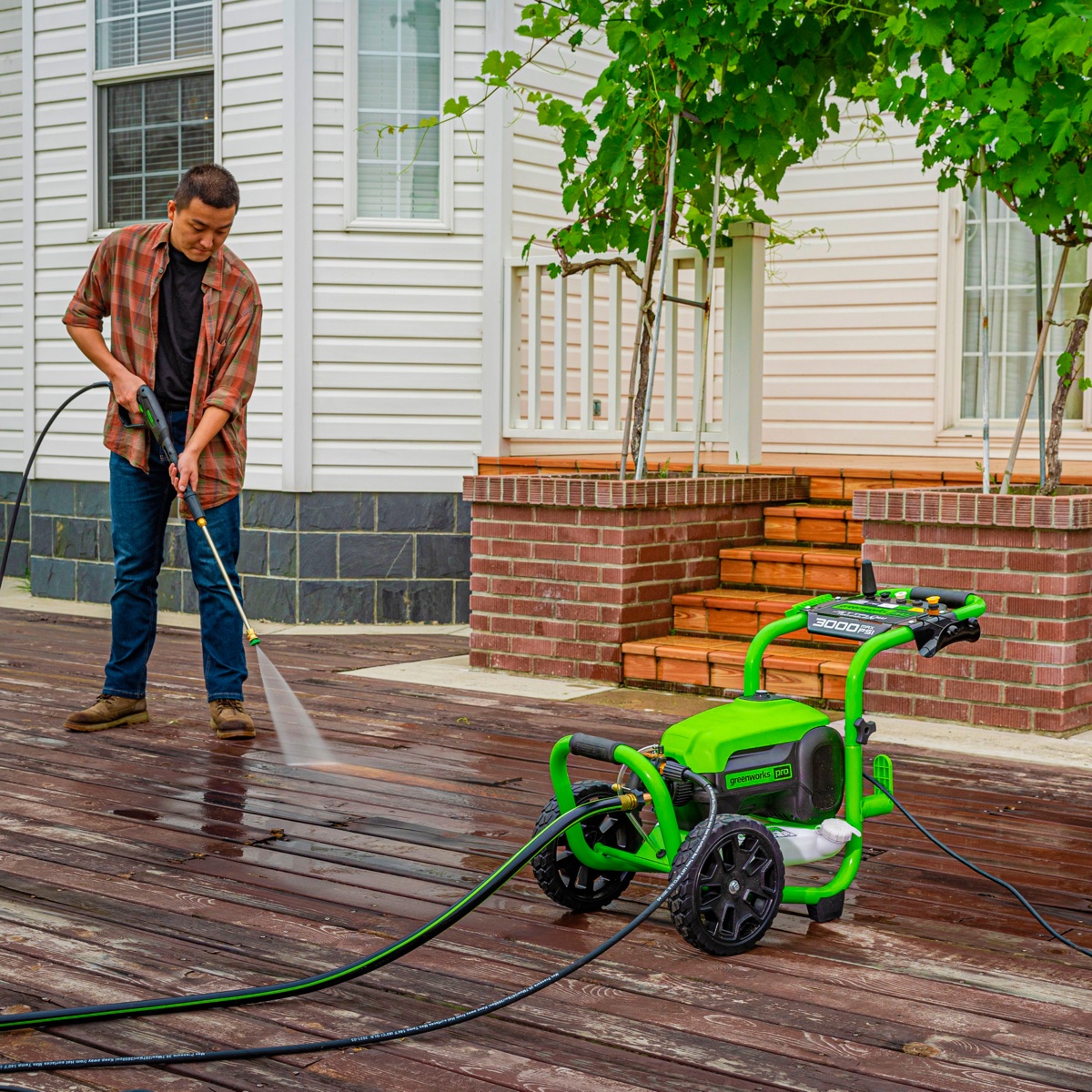

Articles
How To Buy A Pressure Washer
Modified: October 20, 2024
Looking for articles on how to buy a pressure washer? Find expert tips and advice on purchasing the perfect pressure washer for your needs.
(Many of the links in this article redirect to a specific reviewed product. Your purchase of these products through affiliate links helps to generate commission for Storables.com, at no extra cost. Learn more)
Introduction
Welcome to the ultimate guide on how to buy a pressure washer! Whether you’re a homeowner looking to spruce up your deck or a professional cleaner in need of a powerful tool, investing in a pressure washer can make a world of difference. With its ability to blast away grime, dirt, and debris, a pressure washer can be a real game-changer when it comes to cleaning outdoor surfaces.
However, with so many options available on the market, choosing the right pressure washer can be a daunting task. That’s where this guide comes in. We’ll walk you through the entire process of researching, evaluating, and purchasing a pressure washer that best suits your needs and budget. So, let’s dive in and discover everything you need to know.
First and foremost, it’s crucial to understand what a pressure washer is and how it works. A pressure washer is a high-powered cleaning tool that uses pressurized water to remove dirt, grease, mold, and other substances from various surfaces. It consists of a motor or engine that powers a pump to generate high-pressure water flow.
Now that you have a general idea of what a pressure washer is, let’s discuss why you might need one. Pressure washers are versatile machines that can be used for a wide range of cleaning tasks. From cleaning your driveway and patio to washing your car or even removing graffiti, a pressure washer can save you time and effort compared to traditional cleaning methods.
Before we jump into the nitty-gritty of buying a pressure washer, it’s important to consider your specific needs. Assessing the type and frequency of your cleaning tasks will help determine the power, size, and features you require in a pressure washer. Are you planning to clean small household items or larger outdoor surfaces? Do you need a portable pressure washer or one with more power for commercial use? These are all factors to consider.
Additionally, it’s essential to understand the different types of pressure washers available. There are three main categories: electric, gas-powered, and diesel-powered. Electric pressure washers are lightweight, easy to use, and suitable for light to moderate cleaning tasks. Gas-powered pressure washers offer more power and are ideal for larger surfaces and tougher jobs. Diesel-powered pressure washers are heavy-duty machines designed for professional and industrial applications.
With a good understanding of your needs and the different types of pressure washers, you are now ready to embark on your research journey. In the next section, we will delve deeper into the specific features and factors to consider when choosing a pressure washer. So, let’s move on to the next step: Researching Pressure Washers.
Key Takeaways:
- Research and evaluate pressure washers based on power, flow rate, noise level, portability, durability, accessories, and safety features to make an informed purchasing decision that aligns with your specific cleaning needs and budget.
- Prioritize safety, compare prices, consider long-term value, and maintain your pressure washer properly to ensure optimal performance and longevity, making it a worthwhile investment for efficient outdoor cleaning tasks.
Read more: How To Adjust Pressure On Pressure Washer
Researching Pressure Washers
When it comes to buying a pressure washer, conducting thorough research is crucial. This step will help you gather information about different brands, models, and their respective features. It will also allow you to compare prices and read reviews from other users to make an informed decision. Here are some key factors to consider during your research:
- Power and Pressure: One of the most important considerations when buying a pressure washer is its power and pressure capabilities. The power is measured in PSI (pounds per square inch), which determines the force with which water is delivered. Higher PSI indicates more cleaning power. Consider the type of cleaning tasks you’ll be performing and choose a pressure washer with sufficient power to handle them effectively.
- Flow Rate: The flow rate, measured in gallons per minute (GPM), indicates the amount of water delivered by the pressure washer. A higher flow rate can increase efficiency when cleaning larger surfaces. However, it’s essential to strike a balance between power and flow rate, as excessively high flow rates can waste water and decrease pressure.
- Noise Level: Pressure washers can be quite noisy, especially gas-powered models. If noise is a concern for you or your neighbors, consider opting for an electric pressure washer, which tends to be quieter.
- Portability: Depending on your needs, portability may be an important factor to consider. If you plan on moving your pressure washer frequently or need to clean multiple areas, look for a model that is lightweight and has wheels for easy maneuverability.
- Durability: A pressure washer is an investment, so you’ll want to ensure that it is built to last. Pay attention to the materials used in the construction of the pressure washer and read reviews about its long-term durability.
- Accessories and Attachments: Many pressure washers come with various accessories and attachments that can enhance their functionality. These include adjustable nozzles, extension wands, surface cleaners, and detergent tanks. Consider what accessories are included with the pressure washer and whether they align with your specific cleaning needs.
- Safety Features: Safety should always be a top priority when using a pressure washer. Look for models that have safety features such as pressure control valves, automatic shutdown systems, and reliable thermal protection mechanisms.
During your research, make use of reliable sources such as manufacturer websites, consumer review websites, and online forums. Reading customer reviews can provide valuable insights into the performance and reliability of different models. Additionally, seek recommendations from friends, family, or professionals who have experience using pressure washers.
By investing time in researching pressure washers, you can make an informed decision that meets your cleaning needs and budget. Once you have gathered all the necessary information, it’s time to determine your needs and narrow down your options. In the next section, we will discuss how to determine your specific requirements to make the best choice for your pressure washer. So, let’s move on to the next step: Determining Your Needs.
Determining Your Needs
Before purchasing a pressure washer, it’s essential to determine your specific needs and requirements. This step will help you narrow down your choices and select a pressure washer that is tailored to your cleaning tasks. Here are a few factors to consider when determining your needs:
- Type of Cleaning Tasks: Think about the size and type of cleaning tasks you’ll be performing. Are you looking to clean small household items like patio furniture and bicycles? Or do you have larger outdoor surfaces such as driveways, decks, or fences that require intense cleaning? Understanding the scale and nature of your cleaning tasks will help you choose a pressure washer with the right power and features.
- Frequency of Use: Consider how often you’ll be using the pressure washer. If you’re planning to use it frequently for multiple cleaning tasks, you might want to invest in a more durable and powerful model. On the other hand, if you’ll only be using it occasionally, a more affordable and compact unit might suffice.
- Environmental Concerns: Think about any environmental considerations that may impact your pressure washer choice. For example, if you live in an area with water restrictions or conservation measures, you may want to opt for a pressure washer that is more water-efficient. Electric pressure washers are known to be more eco-friendly compared to gas or diesel-powered ones.
- Budget: Determine the amount of money you’re willing to spend on a pressure washer. Keep in mind that while higher-priced models may offer more power and additional features, there are budget-friendly options available that can still meet your cleaning needs. It’s important to strike a balance between price and performance.
- Storage and Portability: Consider your storage space and the portability of the pressure washer. If you have limited storage space or need to transport the pressure washer frequently, look for a model that is compact and lightweight. Features like foldable handles and built-in storage for accessories can also make the pressure washer more convenient to use.
- Noise Restrictions: If noise levels are a concern, such as living in a noise-sensitive area or if you have close neighbors, you may want to opt for a quieter electric pressure washer instead of a noisy gas-powered model.
By taking these factors into account, you can pinpoint the specific requirements you have for your pressure washer. This will help you streamline your search and focus on models that align with your needs and preferences. In the next section, we will dive deeper into the features and considerations when evaluating different brands and models of pressure washers. So, let’s move on to the next step: Understanding Pressure Washer Features.
Understanding Pressure Washer Features
When it comes to selecting a pressure washer, understanding the various features and specifications is essential. These features determine the power, versatility, and convenience of the machine. Here are some key features to consider when evaluating different brands and models of pressure washers:
- Pressure Rating: The pressure rating of a pressure washer is measured in pounds per square inch (PSI) and indicates the force at which water is delivered. Higher PSI values equate to greater cleaning power. Consider the types of surfaces you’ll be cleaning and choose a pressure washer with sufficient pressure to tackle the toughest grime.
- Flow Rate: The flow rate, measured in gallons per minute (GPM), represents the volume of water delivered by the pressure washer. A higher flow rate can help cover larger areas more quickly. However, a balance between pressure and flow rate is necessary for optimal cleaning performance.
- Nozzle Tips: Different nozzle tips provide various spray patterns, allowing you to adjust the pressure and coverage for different cleaning tasks. Common nozzle tips include 0-degree (focused jet), 15-degree (narrow fan), 25-degree (wide fan), and 40-degree (general use). Some pressure washers offer interchangeable nozzle tips for added versatility.
- Hose Length: Consider the length of the pressure washer hose, as it determines your reach and flexibility when cleaning. Longer hoses are beneficial for larger areas or when the pressure washer needs to be kept at a distance from the cleaning surface.
- Detergent Tank: Some pressure washers come with built-in detergent tanks or soap applicator attachments. This feature allows you to apply cleaning solutions or detergents directly through the pressure washer, enhancing the cleaning effectiveness for certain tasks.
- Reel Systems: Pressure washers equipped with hose reel systems make storage and organization more convenient. These systems typically feature a built-in reel for winding and storing the pressure washer hose neatly.
- Wheels and Handles: For improved mobility, look for pressure washers with sturdy wheels and ergonomic handles. This makes it easier to move the unit around, especially if you have multiple cleaning areas or uneven terrain to navigate.
- Additional Features: Some pressure washers offer extra features to enhance usability and safety. These can include adjustable pressure control, automatic shut-off systems, thermal overload protection, and built-in storage for accessories.
Understanding these features will help you determine which ones are essential for your specific cleaning needs. It’s important to note that additional features may vary between brands and models, so be sure to compare different options to find the pressure washer that best suits your requirements.
Once you have a clear understanding of the features you’re looking for, you can start evaluating different brands and models of pressure washers. In the next section, we’ll discuss how to evaluate and compare pressure washers to make an informed decision. So, let’s move on to the next step: Evaluating Different Brands and Models.
Evaluating Different Brands and Models
When it comes to purchasing a pressure washer, there is a wide range of brands and models available on the market. Evaluating and comparing these options is crucial to ensure you select a reliable and high-performing pressure washer. Here are some key factors to consider when evaluating different brands and models:
- Brand Reputation: Research the reputation and reliability of different brands in the pressure washer industry. Look for brands with a history of producing quality and durable machines. Reading customer reviews and seeking recommendations from trusted sources can provide valuable insights into brand reputation.
- Customer Reviews: Reading customer reviews is an excellent way to gain firsthand information about the performance, durability, and customer satisfaction of different pressure washer models. Pay attention to both positive and negative reviews to get a balanced understanding of each product’s pros and cons.
- Warranty: Check the warranty offered by each brand. A solid warranty indicates the manufacturer’s confidence in the product’s quality and can provide you with peace of mind. Look for warranties that cover the motor, pump, and other essential components of the pressure washer.
- Price and Value: Consider the price range of different pressure washer models and assess their value for the features and performance offered. Compare prices across different brands and models to ensure you get the best possible deal without compromising on quality.
- Availability of Parts and Service: Determine whether replacement parts, accessories, and service centers are readily available for the brand and model you are considering. This ensures that you can easily find and replace any worn-out or damaged components in the future.
- Industry Certifications: Look for pressure washers that carry industry certifications or meet certain standards for performance and safety. These certifications can indicate that the product has undergone rigorous testing and complies with industry regulations.
- Comparative Testing and Ratings: Consult independent testing organizations or consumer websites that conduct comparative tests and ratings of different pressure washer models. These evaluations can provide unbiased insights into the performance, efficiency, and durability of various models.
- Customer Support: Assess the level of customer support provided by the brand. Look for brands that offer helpful customer service, including a dedicated support hotline or online chat, to address any queries or concerns you may have during or after the purchase.
By evaluating different brands and models based on these key factors, you can narrow down your options and choose a pressure washer that offers the best combination of performance, reliability, and value for money. Once you have shortlisted a few models that meet your requirements, it’s time to set a budget. In the next section, we’ll discuss how to determine your budget and make a well-informed decision. So, let’s move on to the next step: Setting a Budget.
Read more: How To Build A Pressure Washer
Setting a Budget
Setting a budget is a crucial step in the process of buying a pressure washer. It helps determine your spending limit and ensures that you find a pressure washer that meets your cleaning requirements without breaking the bank. Here are some tips to help you set a budget for your pressure washer purchase:
- Research Price Range: Start by researching the price range for pressure washers. Explore different brands and models to get an idea of the general price range for machines with the features you desire. This will give you a baseline understanding of what to expect when setting your budget.
- Consider Your Cleaning Needs: Take into account your specific cleaning needs and the level of performance required. Think about the size of the areas you’ll be cleaning, the frequency of use, and the types of surfaces you’ll be tackling. This will help you determine how much power and capacity you need in a pressure washer.
- Factor in Long-Term Value: When setting a budget, consider the long-term value of the pressure washer. It’s important to think beyond the initial purchase price and consider the durability, reliability, and potential savings in terms of time and effort that a higher-quality machine can provide.
- Weigh Features and Cost: Evaluate the features and specifications of different pressure washers and their respective costs. Determine which features are essential for your cleaning tasks and prioritize them based on their importance. This will help you allocate your budget towards the features that matter most to you.
- Consider Maintenance and Operating Costs: Alongside the initial purchase price, consider the maintenance and operating costs of the pressure washer. These costs can include the price of replacement parts, cleaning solutions, or fuel (in the case of gas-powered washers). Factor in these ongoing costs when setting your budget to ensure you can afford the long-term maintenance of the machine.
- Shop Around: Don’t settle for the first pressure washer you come across. Take the time to shop around and compare prices from different retailers and online platforms. Look for discounts, sales, or special promotions that can help you save money without compromising on quality.
- Consider Brand Reputation: While budget is important, it’s also essential to consider the reputation and reliability of the brand. Opting for a reputable and established brand, even if it means stretching your budget slightly, can provide you with added confidence in the quality and performance of the pressure washer.
By considering these factors and setting a budget based on your specific needs and preferences, you can make a well-informed decision when purchasing a pressure washer. Remember, it’s not just about finding the cheapest option available, but finding the best value for your money. Once you have determined your budget, it’s time to explore where to buy a pressure washer. In the next section, we’ll discuss different options for purchasing a pressure washer. So, let’s move on to the next step: Where to Buy a Pressure Washer.
When buying a pressure washer, consider the PSI (pounds per square inch) and GPM (gallons per minute) ratings to ensure it meets your cleaning needs. Higher PSI and GPM will provide more power for tough cleaning tasks.
Where to Buy a Pressure Washer
When it comes to purchasing a pressure washer, you have several options for where to make your purchase. Each option has its own advantages and considerations. Here are some popular places to buy a pressure washer:
- Home Improvement Stores: Home improvement stores, such as Home Depot or Lowe’s, often have a wide range of pressure washers available for purchase. You can visit these stores in person to see the machines up close and speak with knowledgeable staff who can provide guidance and recommendations based on your needs. Additionally, these stores often offer sales and promotions, making it a convenient and cost-effective place to buy a pressure washer.
- Online Retailers: Online retailers like Amazon, Walmart, and Best Buy offer an extensive selection of pressure washers. Shopping online provides the convenience of browsing through different models and comparing prices and customer reviews from the comfort of your home. Be sure to read product descriptions, customer reviews, and compare prices from different sellers to ensure you’re making a well-informed decision.
- Specialty Tool Stores: Specialty tool stores, such as Northern Tool or Harbor Freight, are dedicated to selling tools and equipment, including pressure washers. These stores often have a variety of models available and knowledgeable staff who can provide expert advice. Keep in mind that prices at specialty tool stores may be higher compared to larger retailers.
- Directly from Manufacturers: Many pressure washer manufacturers have their own websites where you can purchase their products directly. Buying from the manufacturer can ensure that you’re getting a genuine product and may offer additional benefits such as extended warranties. Check the manufacturer’s website or contact their customer service to inquire about purchasing options.
- Local Dealers and Rental Companies: Local dealers and rental companies that specialize in equipment and machinery rentals often sell pressure washers as well. These establishments may offer competitive prices and personalized service. Additionally, they may have used or refurbished pressure washers available for sale, which can be a cost-effective option.
Before making a purchase, take the time to compare prices, read customer reviews, and consider factors such as warranty, availability of parts, and customer support. Additionally, keep in mind any recommendations or suggestions you received during your research and evaluation process.
It’s also worth noting that purchasing a pressure washer from a reputable retailer or manufacturer can provide added peace of mind in terms of after-sales support and returns if any issues arise with the machine. Be sure to check the return policy and warranty terms before finalizing your purchase.
Now that you know where to buy a pressure washer, the next step is to read reviews and compare ratings to narrow down your options. In the next section, we’ll discuss the importance of reading reviews and how to compare ratings effectively. So, let’s move on to the next step: Reading Reviews and Comparing Ratings.
Reading Reviews and Comparing Ratings
Reading reviews and comparing ratings is a crucial step in the process of buying a pressure washer. It allows you to gather valuable insights from other customers who have firsthand experience with the products you’re considering. Here are some key points to consider when reading reviews and comparing ratings:
- Multiple Sources: Consult multiple sources for reviews and ratings to gather a well-rounded perspective. This includes reading customer reviews on retailer websites, checking independent review websites, and even seeking recommendations from friends or family members who may have used a pressure washer before. The more perspectives you consider, the better-informed decision you can make.
- Consistency in Feedback: Look for common themes or patterns in the reviews. If multiple customers mention the same positive or negative aspect of a pressure washer, it can give you a good indication of its strengths and weaknesses. Pay attention to factors such as reliability, ease of use, cleaning performance, and durability.
- Consider the Overall Rating: Take note of the overall rating of the pressure washer. This is usually presented as a numerical score or star rating. A higher overall rating indicates a generally positive customer experience, while a lower rating may signify potential issues or shortcomings with the product.
- Read Detailed Reviews: Look for detailed reviews that provide specific information about the pressure washer’s performance, features, and any problems encountered. These detailed reviews can give you a deeper understanding of the pros and cons of a particular model.
- Consider the Reviewer’s Needs: Keep in mind that different customers may have different needs and expectations. Focus on reviews from customers with similar cleaning requirements and circumstances as yours. This will help you identify reviews that are most relevant to your specific situation.
- Balance Positive and Negative Reviews: Read both positive and negative reviews to get a balanced perspective. A product with only positive reviews may seem flawless, but it’s crucial to consider any potential negatives mentioned by customers. Conversely, a few negative reviews shouldn’t overshadow predominantly positive feedback if they are isolated incidents.
- Consider the Date of Reviews: Pay attention to the dates of the reviews. If a pressure washer has older reviews, it’s worth considering if the model has been updated or improved since then. Newer reviews may provide more accurate insights into the current version of the pressure washer.
By carefully reading reviews and comparing ratings, you can gain valuable information that helps you make an informed decision. It’s important to remember that everyone’s experience may differ, and opinions can vary. Consider the overall consensus and focus on the factors that are most important to you, such as reliability, performance, and value for money.
Once you have read reviews and compared ratings, you’ll have a better understanding of which pressure washer models are most highly regarded. The next step is to make the purchase. In the next section, we’ll discuss tips for making the purchase and what to consider during the buying process. So, let’s move on to the next step: Making the Purchase.
Making the Purchase
After conducting thorough research, evaluating different options, and reading reviews, it’s time to make the final decision and purchase your pressure washer. Here are some key tips and considerations to keep in mind when making the purchase:
- Double-Check Specifications: Before finalizing your purchase, carefully review the specifications and features of the pressure washer to ensure it aligns with your needs. Verify the power, pressure rating, flow rate, nozzle tips, hose length, and any other features that are important to you.
- Compare Prices: Compare prices from different sellers or retailers to make sure you’re getting the best deal. Keep in mind that prices may vary between retailers, so it’s worth shopping around to find the most competitive price for the specific model you’ve chosen.
- Consider Value for Money: While price is important, it’s essential to consider the overall value for money. Evaluate the performance, features, durability, and warranty offered by the pressure washer in relation to its price. Sometimes spending a little more upfront can result in a higher-quality, longer-lasting machine.
- Check Availability and Delivery: Ensure that the pressure washer you intend to purchase is available and ready for immediate delivery or pick-up. Some models may have a lead time or be on backorder, so it’s important to check availability before proceeding with the purchase.
- Look for Special Promotions: Keep an eye out for any special promotions, discounts, or bundle offers that may be available at the time of purchase. Some retailers may offer free accessories, extended warranties, or discounted prices on certain models, which can add value to your purchase.
- Review the Return Policy: Familiarize yourself with the retailer’s return policy before making the purchase. Ensure that you have a clear understanding of the warranty coverage, return window, and any associated fees or requirements in case you need to return or exchange the pressure washer.
- Make the Purchase: Once you have considered all the relevant factors, compared prices, and reviewed the terms and conditions, proceed with making the purchase. Follow the retailer’s ordering process, provide the necessary information, and choose your preferred payment method.
- Keep Records of the Purchase: After making the purchase, it’s important to keep records of the transaction, including order confirmation emails, receipts, and warranty information. These documents will be useful in case you need to refer back to them for warranty claims, returns, or any other inquiries.
By following these tips and considering all the necessary factors, you can confidently make your purchase and obtain a pressure washer that meets your specific cleaning needs.
Once your pressure washer has been delivered or picked up, it’s time to start using and maintaining it. In the next section, we’ll discuss tips and best practices for using and maintaining your pressure washer to ensure optimal performance and longevity. So, let’s move on to the next step: Using and Maintaining Your Pressure Washer.
Read more: How To Store A Pressure Washer
Using and Maintaining Your Pressure Washer
Congratulations on your new pressure washer! Now that you have it in your possession, it’s important to know how to properly use and maintain it to ensure optimal performance and longevity. Here are some useful tips and best practices:
- Read the Manual: Start by thoroughly reading the user manual provided by the manufacturer. This will familiarize you with the specific features, controls, and safety precautions of your pressure washer. Following the manufacturer’s instructions is crucial to ensure safe and effective operation.
- Inspect and Set Up: Before using your pressure washer, inspect it for any visible signs of damage or leaks. Ensure that all connections are secure and properly tightened. Familiarize yourself with the different control buttons, knobs, and switches, as well as the location of the power and water supply connections.
- Safety Precautions: Always prioritize safety when operating a pressure washer. Wear protective gear, including safety glasses, gloves, and closed-toe shoes. Avoid pointing the spray wand at people, pets, or delicate surfaces. Keep children and bystanders at a safe distance to prevent accidents.
- Start with Low Pressure: When starting your pressure washer, begin with the lowest pressure setting and gradually increase it as needed. This helps prevent damage to surfaces and allows for better control and precision during cleaning.
- Use the Correct Nozzle: Choose the appropriate nozzle for each cleaning task. Different spray patterns, such as narrow or wide fan sprays, offer varying levels of pressure and coverage. Start with a wider spray pattern and adjust accordingly to find the most effective setting for your specific cleaning needs.
- Maintain Proper Distance: Maintain a proper distance between the spray wand and the surface being cleaned. Too close of a distance can cause damage, while too far may result in less effective cleaning. Refer to the manufacturer’s guidelines for the recommended distance based on the pressure and nozzle used.
- Use Cleaning Solutions Wisely: Only use cleaning solutions or detergents specifically designed for pressure washers. Follow the manufacturer’s instructions for dilution ratios and application methods. Avoid using harsh chemicals that may damage the pressure washer or harm the environment.
- Regular Cleaning and Maintenance: After each use, clean the pressure washer, including the spray wand, nozzles, and filters, to remove any dirt or debris. Regularly inspect and clean the intake filter and ensure that it’s clear of any obstructions. Additionally, check for any leaks, loose connections, or signs of wear and tear in the hose, wand, and fittings.
- Winterizing: If you live in an area with cold winters, it’s important to properly winterize your pressure washer to protect it from freezing temperatures. Follow the manufacturer’s instructions for draining water from the machine, including the pump, hoses, and spray wand, to prevent damage from freezing water.
- Professional Maintenance: Consider scheduling professional maintenance for your pressure washer at least once a year. This can help identify and address any underlying issues, ensure proper functioning, and prolong the lifespan of the machine.
By following these tips and best practices, you can maximize the performance and longevity of your pressure washer. Remember, proper maintenance and safe operation are key to getting the most out of your investment.
Congratulations once again on your new pressure washer! With proper care and maintenance, it will continue to serve you well for years to come.
Thank you for reading this comprehensive guide on how to buy a pressure washer. We hope it has provided you with valuable insights and guidance throughout the purchasing process. Happy cleaning!
Conclusion
In conclusion, purchasing a pressure washer can be a game-changer when it comes to cleaning outdoor surfaces, whether you’re a homeowner looking to spruce up your living space or a professional cleaner in need of a powerful tool. By following the steps outlined in this ultimate guide, you can make an informed decision and find the right pressure washer to meet your specific needs and budget.
Throughout the process, it’s important to conduct thorough research, understand your cleaning requirements, and evaluate different features and brands. Take the time to read customer reviews and compare ratings to gather insights from those who have experience with the pressure washers you’re considering. Set a budget that aligns with the features and performance you’re looking for, and consider the long-term value of your investment.
When it comes to making the purchase, there are various options available, from home improvement stores and online retailers to specialty tool stores and direct from manufacturers. Be sure to consider factors such as price, availability, and customer support when deciding where to buy your pressure washer.
Once you have your pressure washer in hand, understanding how to use and maintain it properly is crucial. Read the manual provided by the manufacturer, follow safety precautions, and pay attention to factors such as nozzle selection, proper distance, and the use of cleaning solutions. Regular cleaning and maintenance, as well as professional servicing when needed, will help prolong the life of your pressure washer and ensure optimal performance.
By taking these steps and utilizing the information provided in this guide, you can confidently purchase a pressure washer that meets your cleaning needs and brings efficiency and effectiveness to your outdoor cleaning routine.
Thank you for taking the time to read this comprehensive guide on how to buy a pressure washer. We hope it has provided the insights and guidance you were seeking. Happy cleaning!
Frequently Asked Questions about How To Buy A Pressure Washer
Was this page helpful?
At Storables.com, we guarantee accurate and reliable information. Our content, validated by Expert Board Contributors, is crafted following stringent Editorial Policies. We're committed to providing you with well-researched, expert-backed insights for all your informational needs.
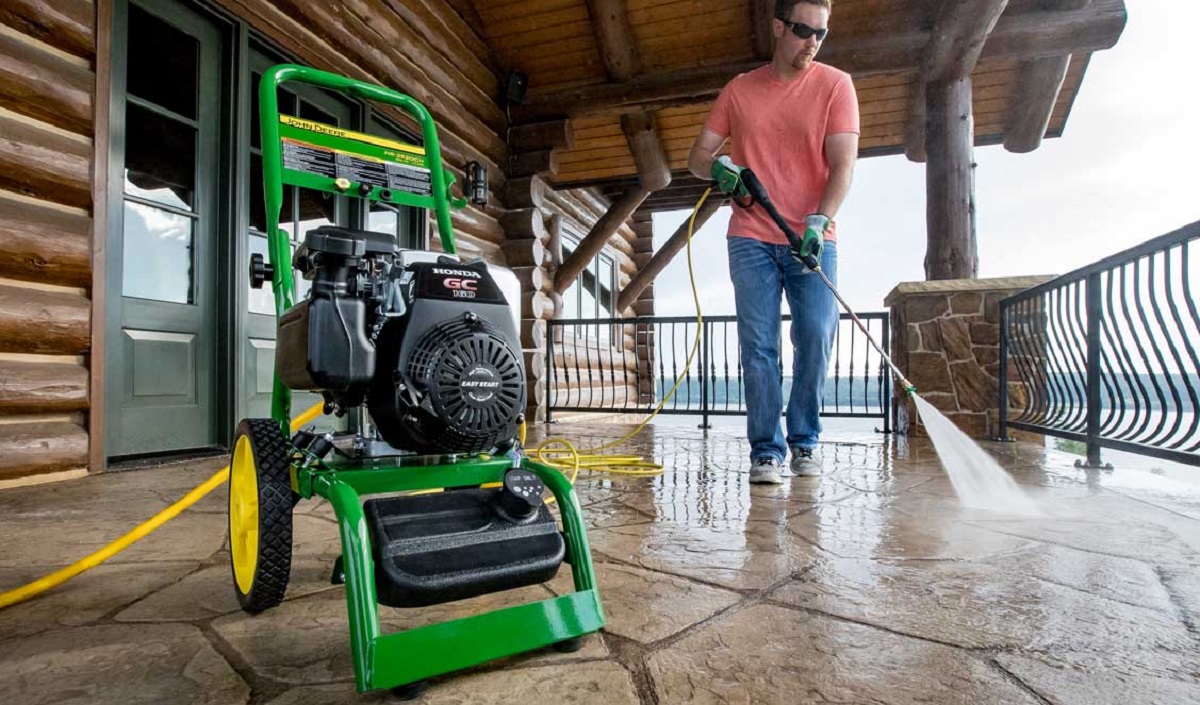
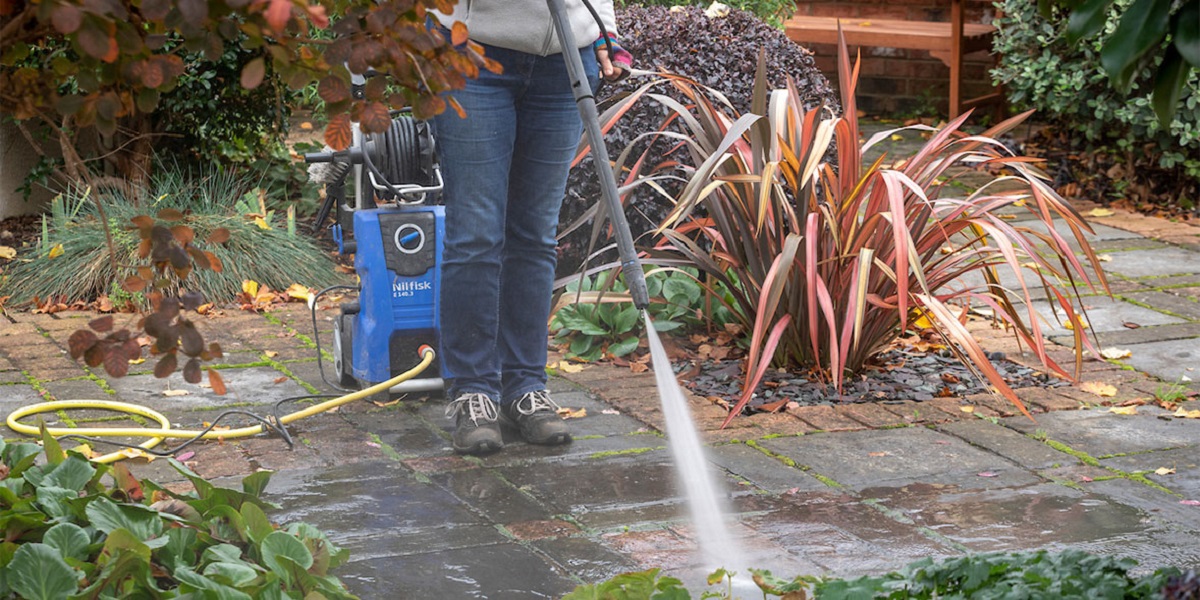
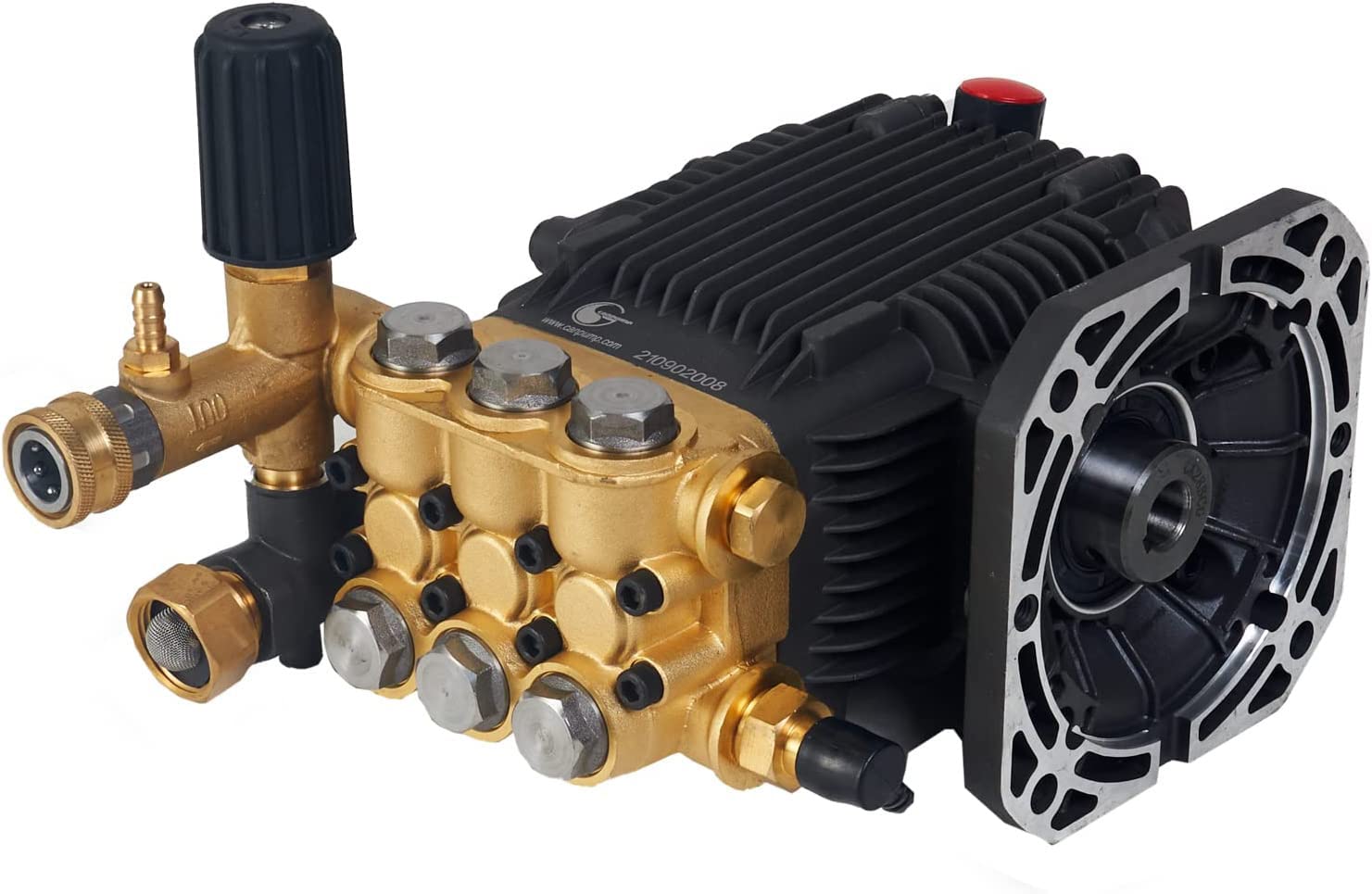
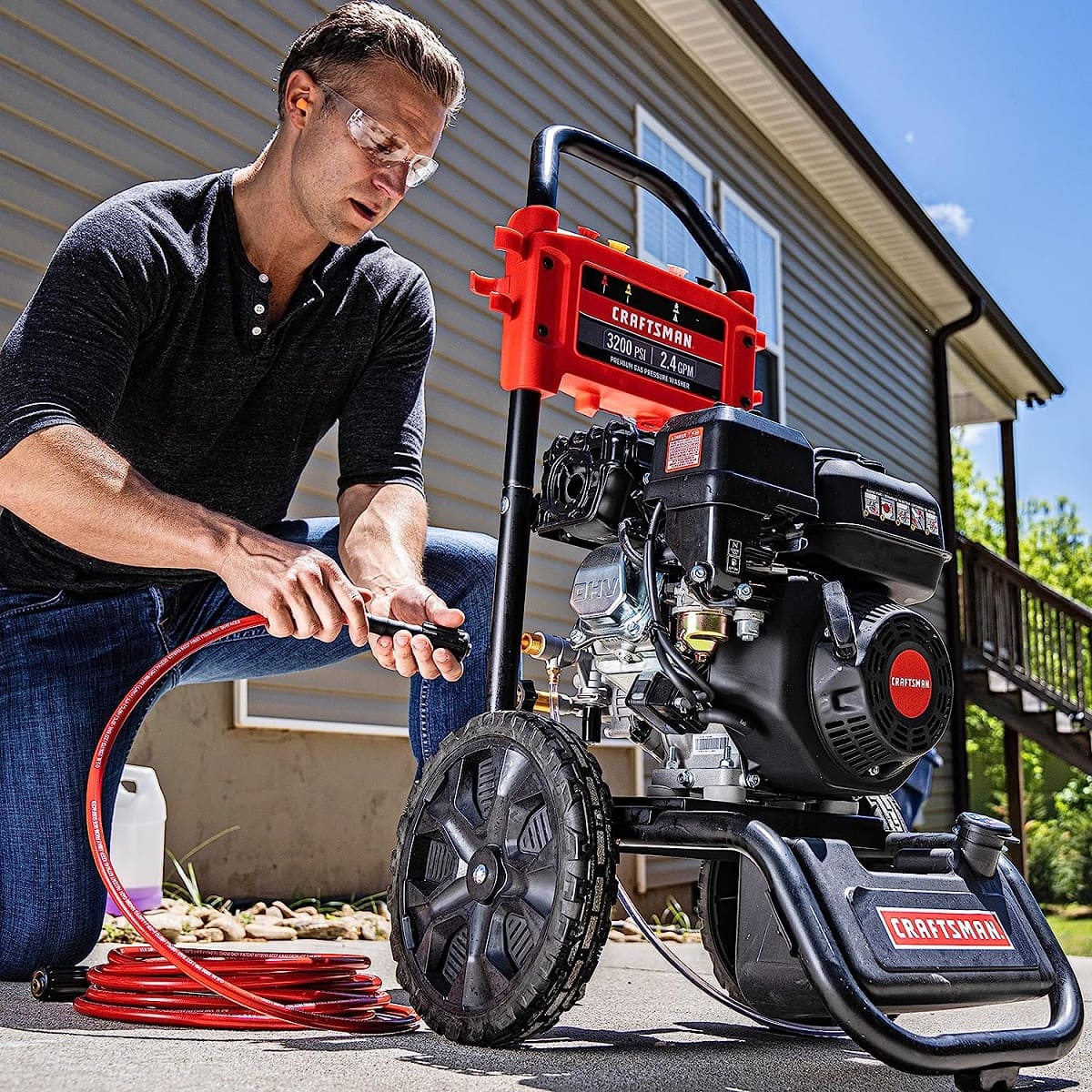
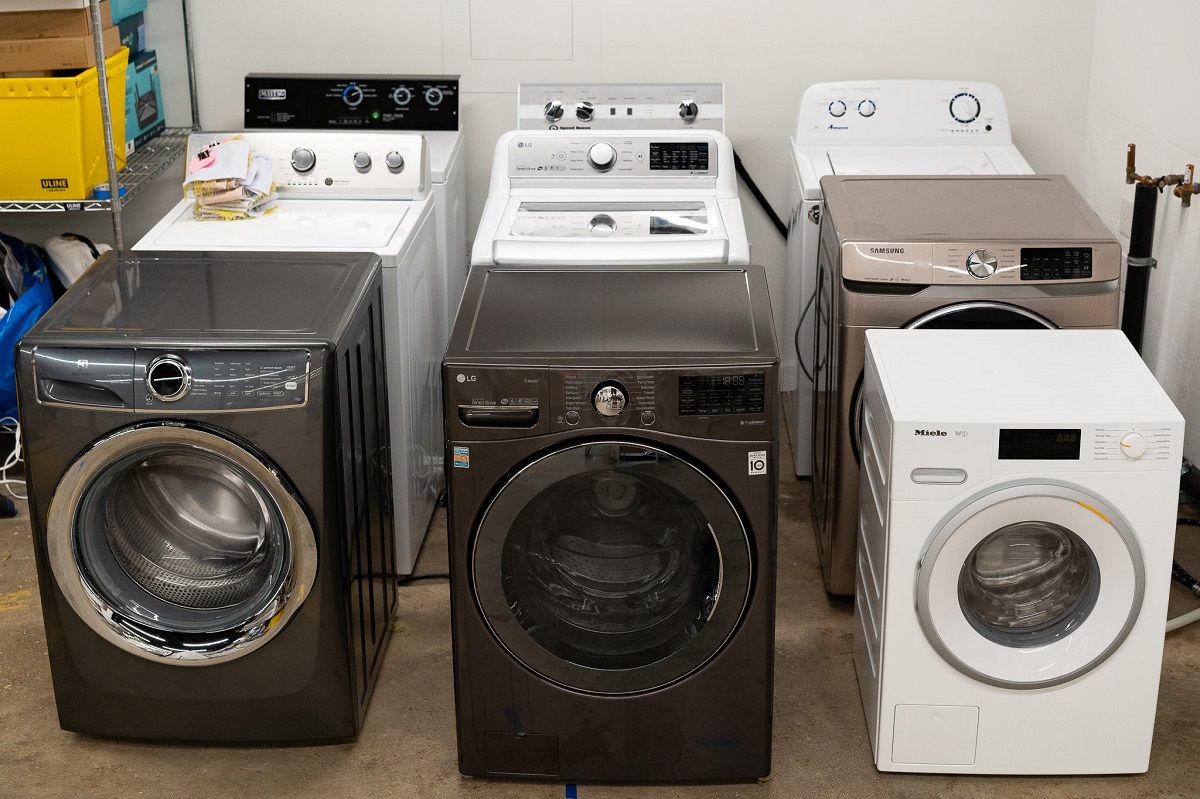
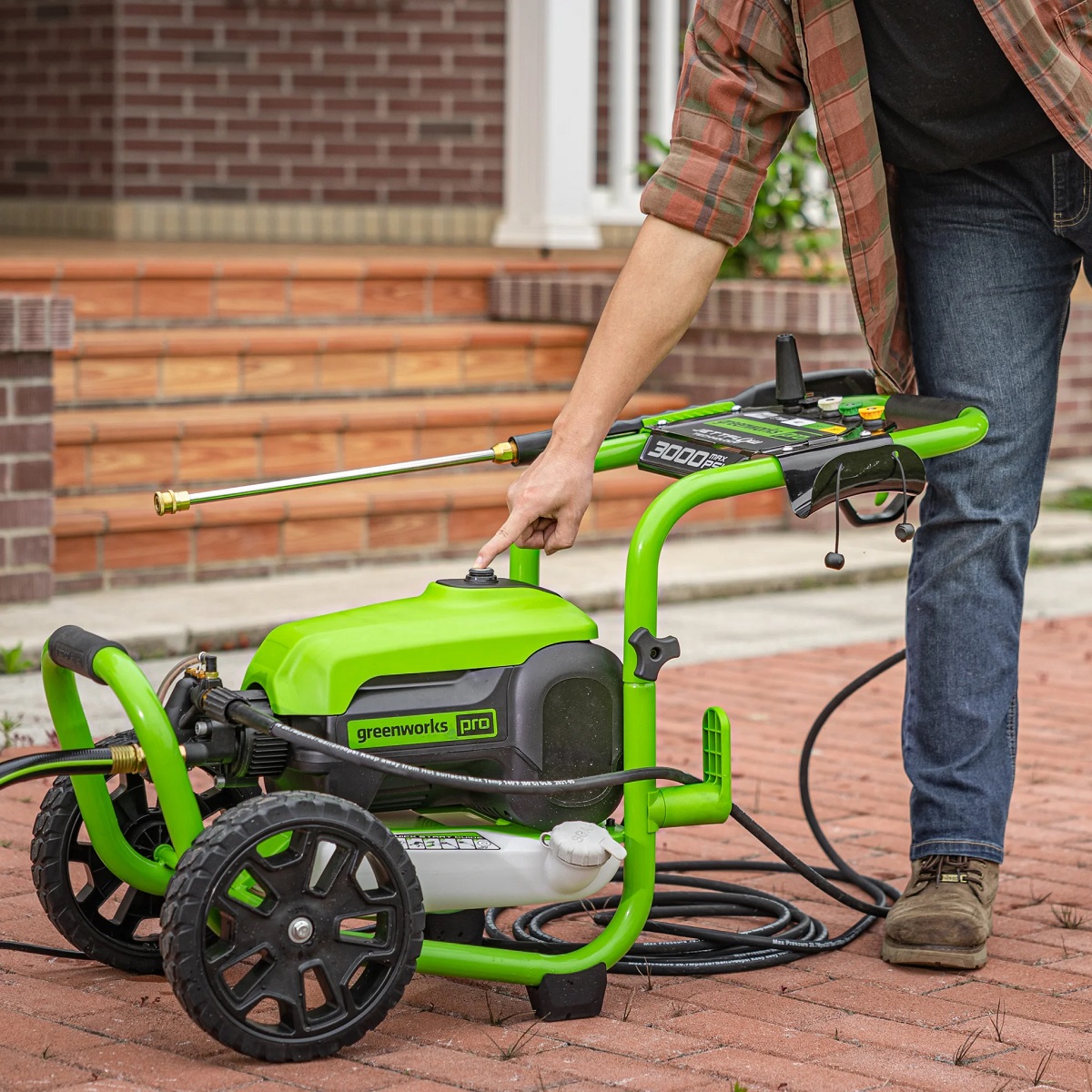
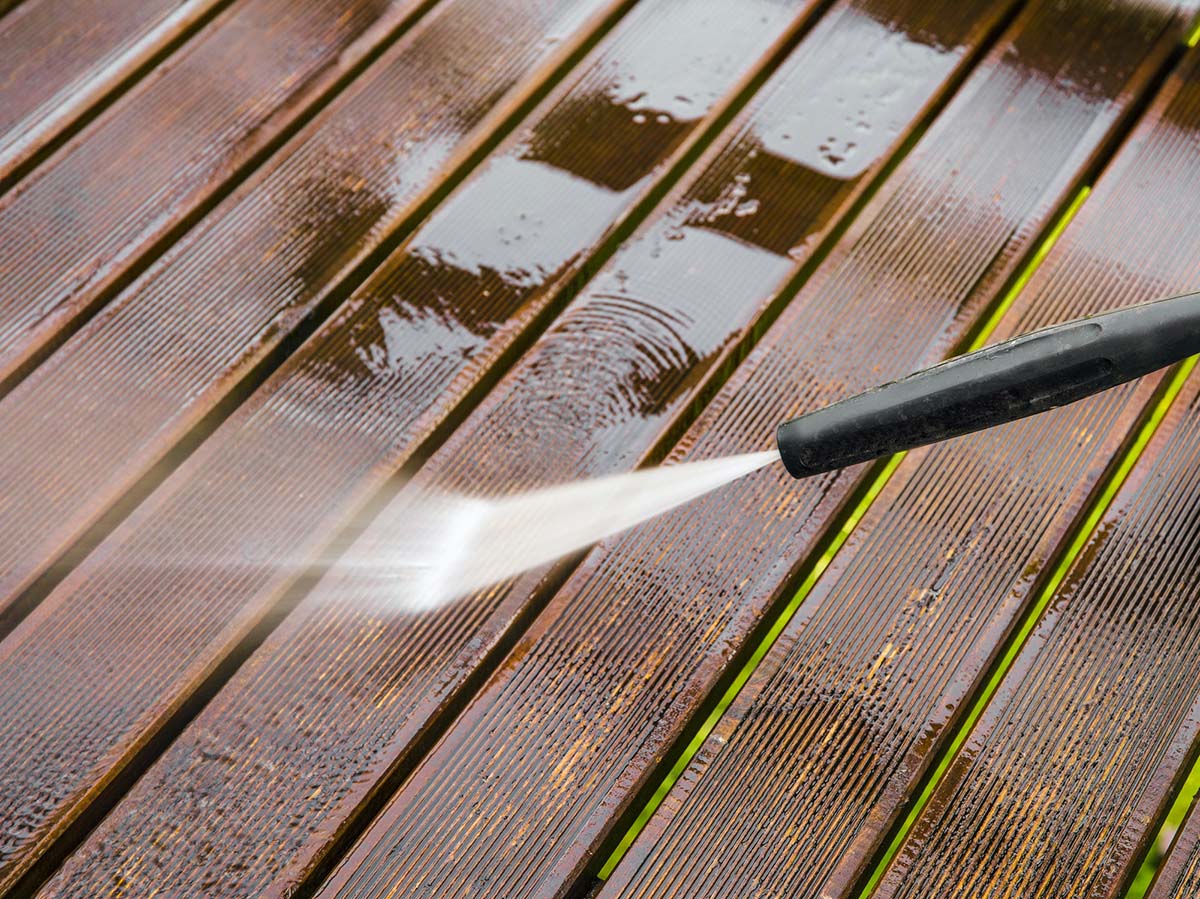
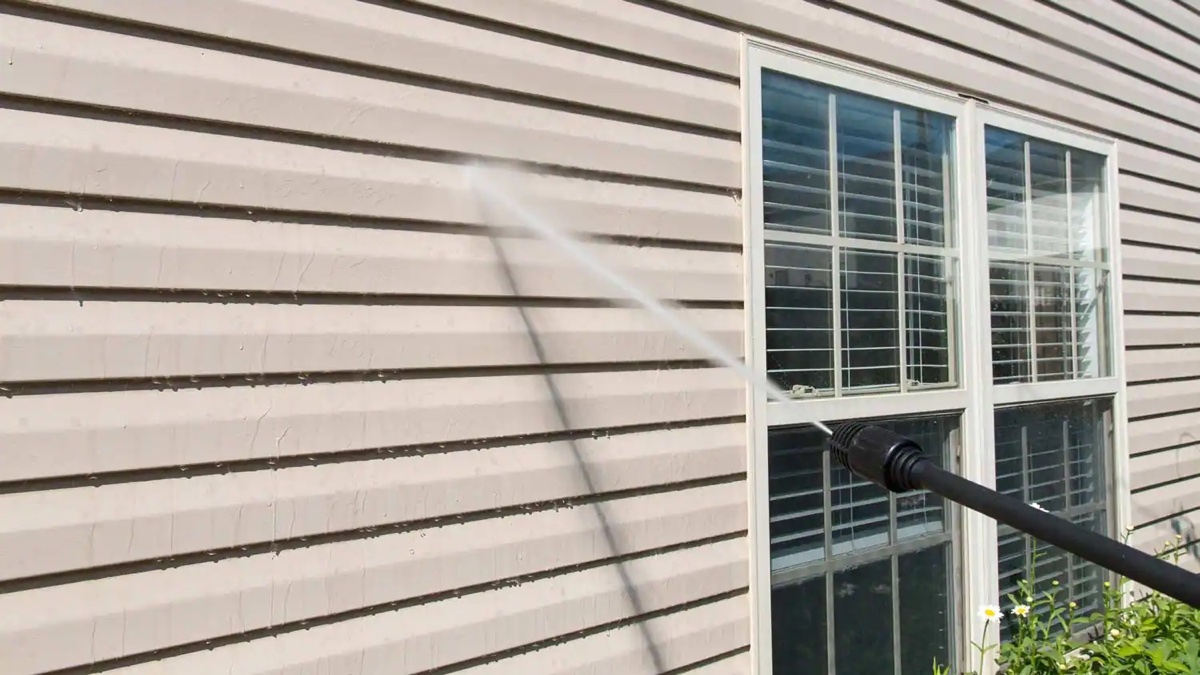
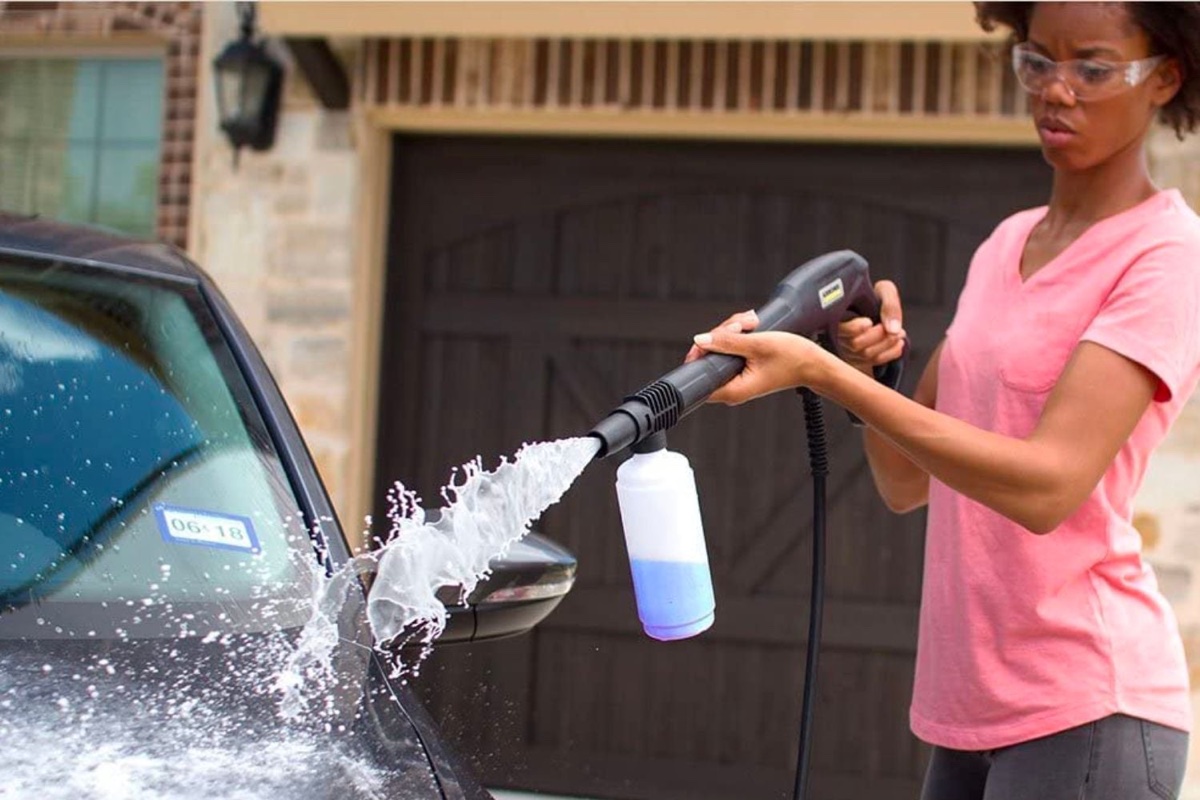
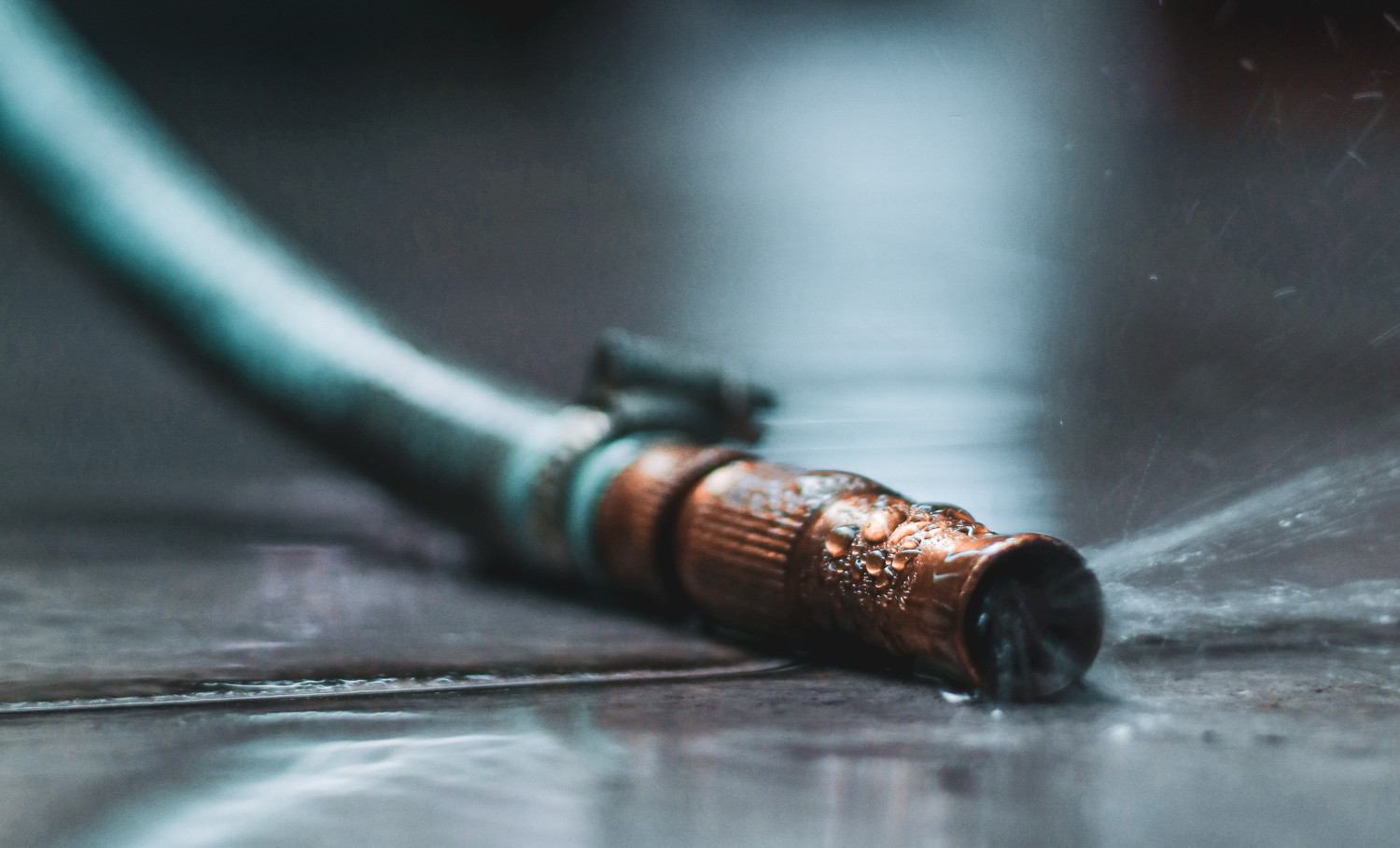
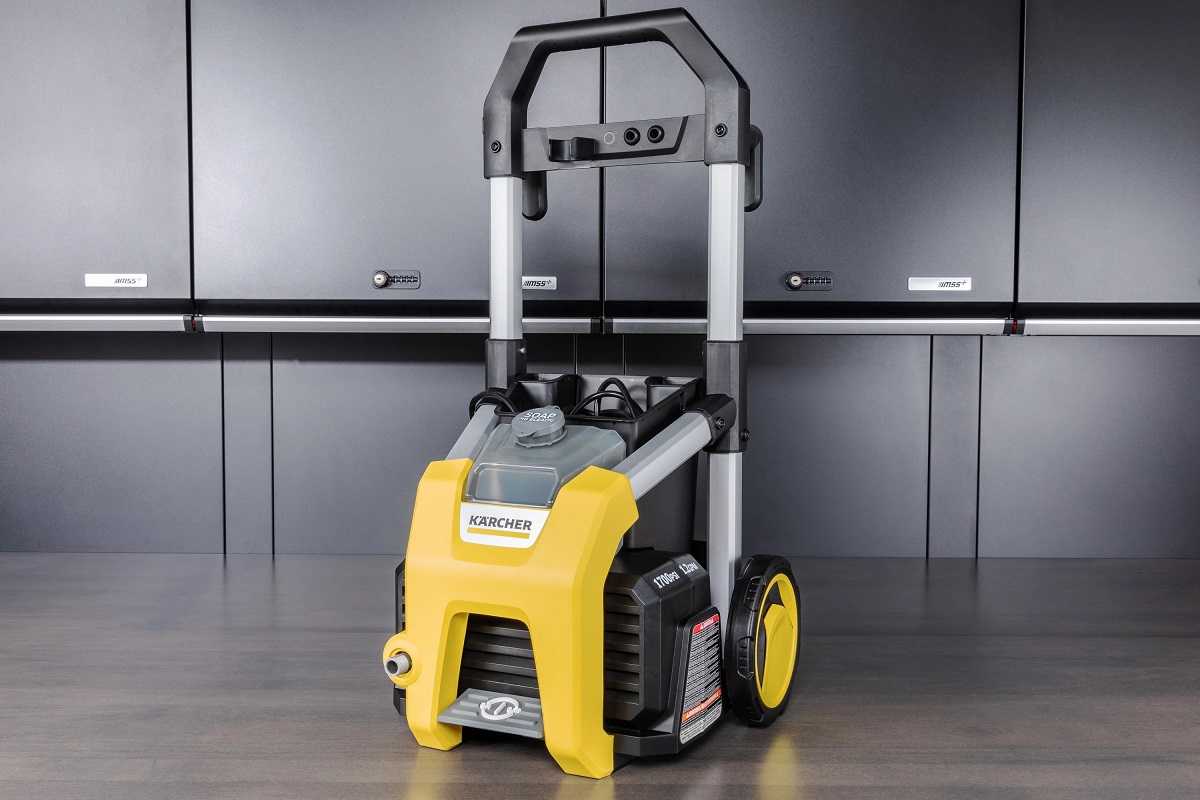
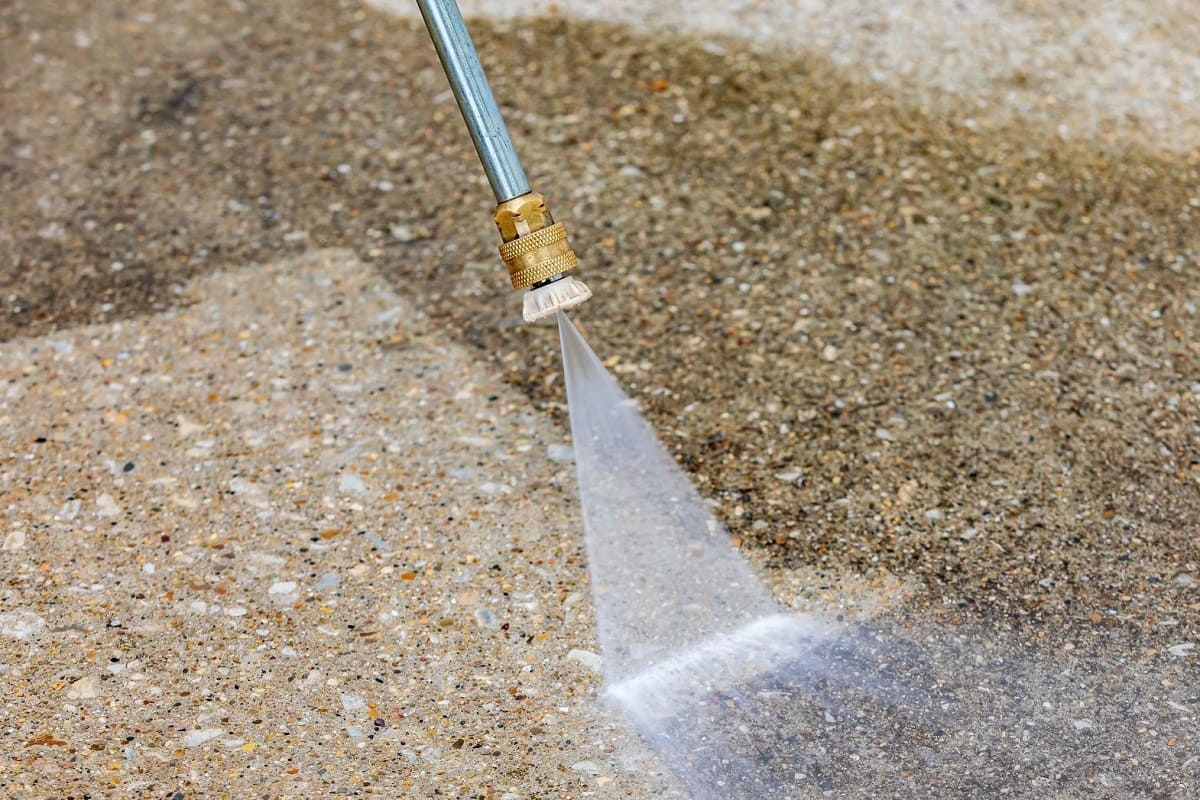
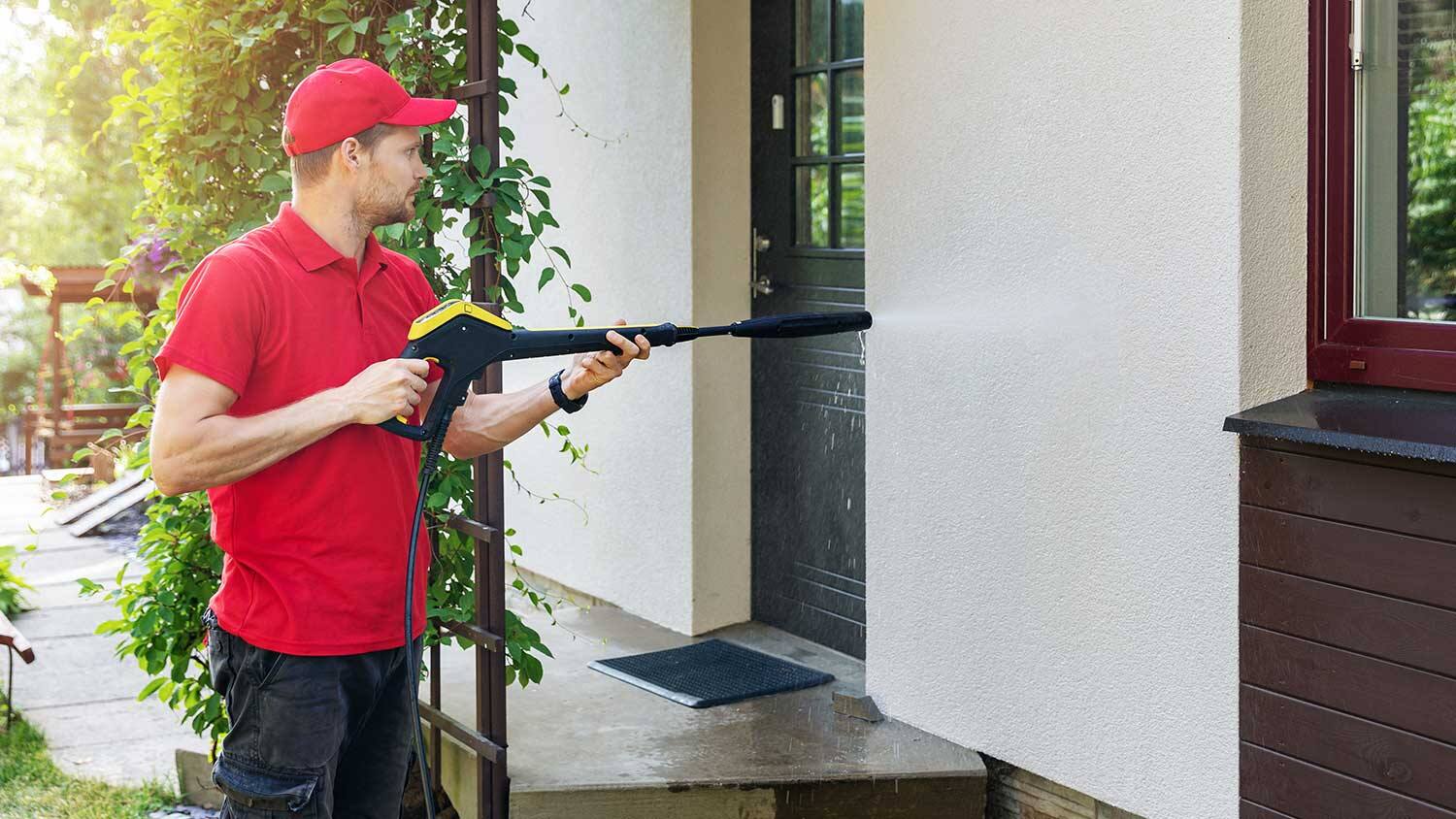

0 thoughts on “How To Buy A Pressure Washer”